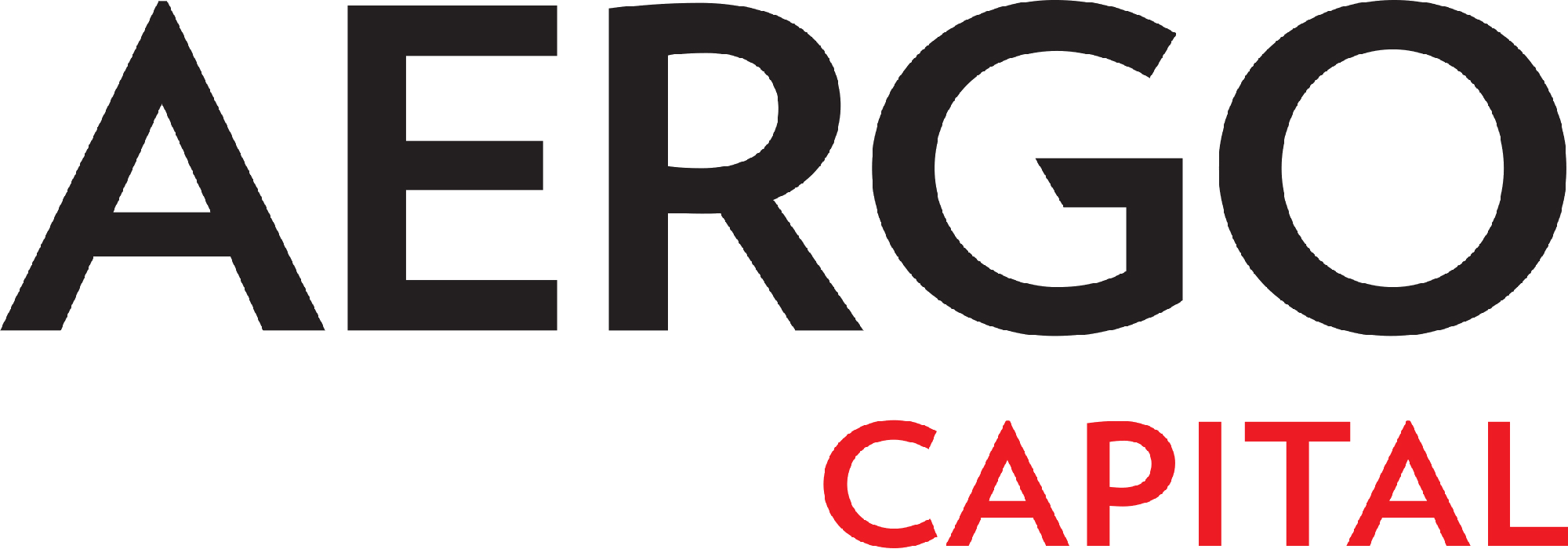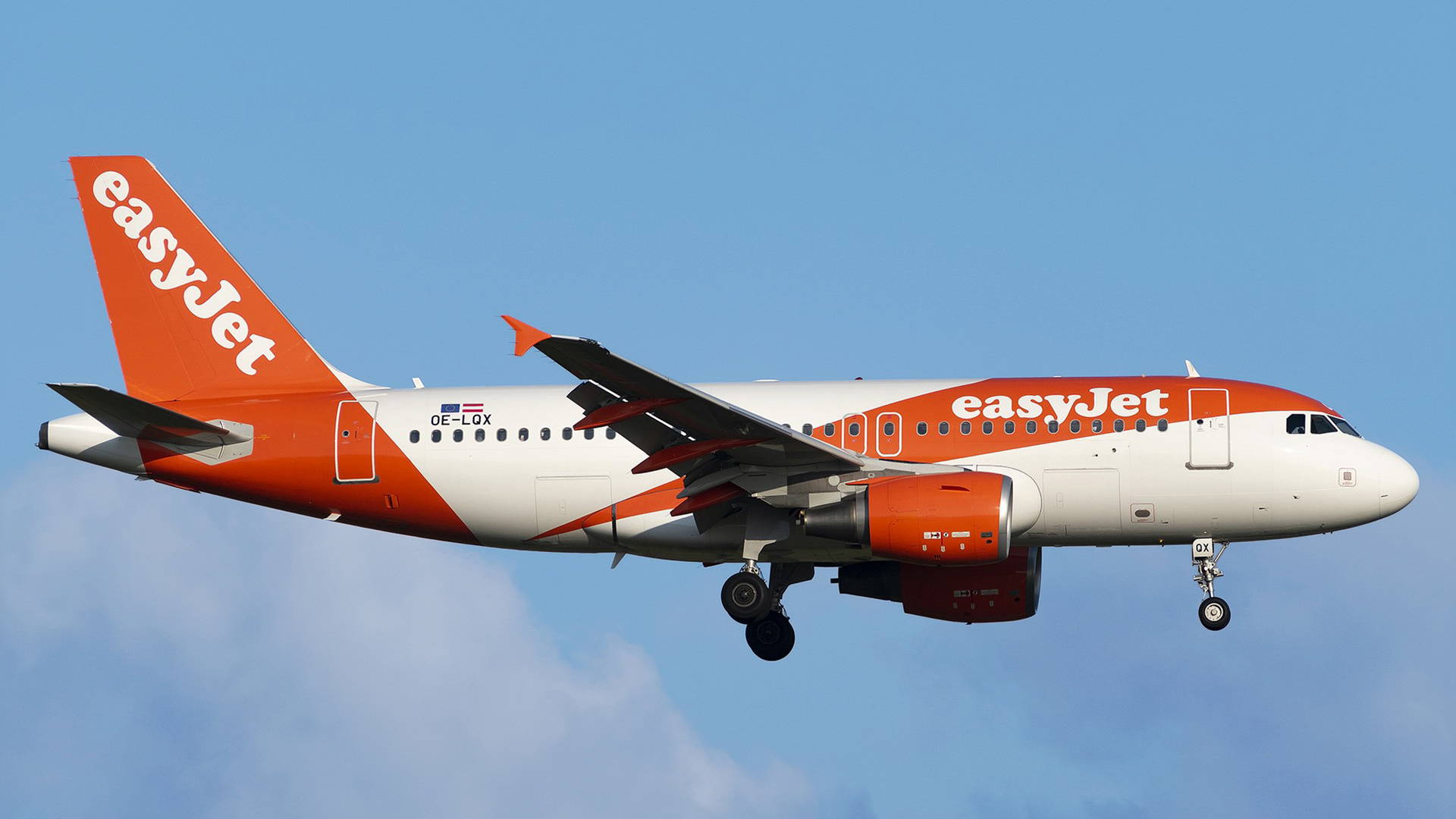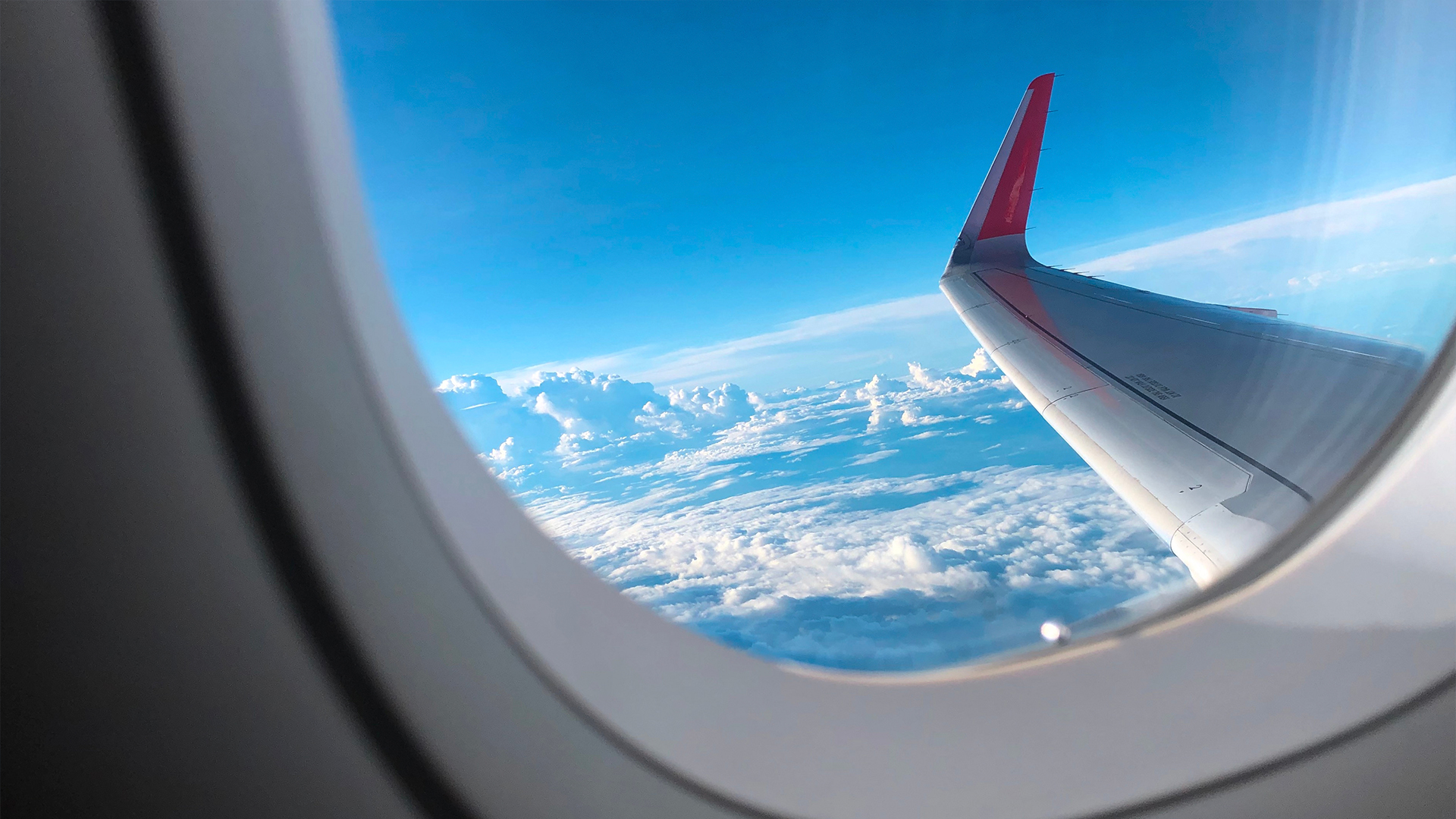Aergo Capital targets organic growth of $500m a year
Aviation Finance – April 1st 2019
Now in its 20th year, Aergo Capital has completed its transition from a boutique leasing and trading entity into a small but mainstream operating lease platform and has the potential to grow at a rate of about $500 million a year for the foreseeable future, according to its CEO, Fred Browne. ‘If you look at Boeing and Airbus predictions for the next 25 years, there’s a massive opportunity. With some $6 trillion of capital going to be needed for growth and replacement there’s always going to be room for an agile company like Aergo. Obviously you have to follow the usual risk rules – you don’t have too many planes with one customer, you don’t have all your leases expiring at the same time, etc. etc. – but if you have good risk management there will always be lots of potential for well managed companies,’ Browne says.
Founded in 1999 by former GPA executive Fred Browne and Irish businessman Denis O’Brien, Aergo Capital has a strong core DNA in trading mid-life and older aircraft. Between 1999 and 2014, for example, it bought and sold 250 planes, mainly ‘classic’ 737-200s, -300s and MD80-s. But in 2010, with about 110 mainly older aircraft in its portfolio, the company made a conscious decision to start selling aircraft with the aim of reducing the average age of the fleet. When CarVal Investors bought out O’Brien, taking a 90 per cent stake in the platform in November 2014, Aergo’s portfolio had shrunk to just 10 aircraft.
Since then, with support of CarVal, an investment arm of America’s largest privately-owned company, Aergo has rebuilt its fleet. Including 26 aircraft securitised in 2017 and now under management, the portfolio comprises 52 aircraft with a combined value of approximately $1.3 billion and an average age of about six years.
Reflecting on these changes, Fred Browne told Aviation Finance in an interview that 2018 had been a very successful year for Aergo. ‘We closed transactions on 11 aircraft, established a new Hong Kong platform and, while we inked the ABS in November 2017 (METAL 2017-1], all the transfers of 26 aircraft were successfully completed into the ABS during the course of 2018.’ In addition, and equally important as far as Browne is concerned, Aergo continued to develop its capability in Asia with the recruitment of ex-GECAS executive, Anthony Snelleman, who joined the company as Co-Chief Commercial Officer & Global Head of Risk, based in Hong Kong.
‘So we now have three people in that office and we plan to grow it to about five,’ Browne says. ‘We see that as being one of the big growth markets over the next number of years and we’re putting our money where our mouth is in setting up a team there. Now, as part of our global platform we’ve people in the Americas, Africa, Asia and Europe. So with a relatively small team we’re covering a lot of the world.
This transition, he adds, has been made possible by its association with CarVal, which he describes as ‘a major transformational partner, bringing both capital and expertise into the platform’. The net result, he says, is that ‘We’ve essentially transitioned from a boutique leasing and trading entity dealing in older aircraft, into a mainline operating lease platform with a presence across all regions of the world and with a much younger fleet. Aergo is a very different animal to what it was up to 2014.’
In terms of future strategy, while Aergo is definitely skewing itself towards the newer end of the business it remains an experienced trader and expects to continue in that role. ‘We tend after a while to trade out of the older stuff but typically we’re looking to keep the average to around five to six years,’ Browne says.
‘Over the past couple of years, for example, we sold 11 aircraft, or about 20 per cent of the portfolio. This year it will be more like 25 per cent. We very much believe in selling a proportion of the portfolio as we’re going along, if the conditions are right.’
At the same time, Aergo is highly opportunistic by nature and willing to engage in a wide range of buying and selling activities as it sees fit. ‘We’ll look at anything that’s interesting at a certain point in time,’ he says. ‘The METAL ABS was the right thing to do at that time and it would be fair to say that this year we probably won’t do one. But we might do one again in the future – it all depends on circumstances at any given time. Some lessors are set up to do multiple ABSs but we’re not.’
With the equity funding and other resources provided by CarVal, ‘there’s no shortage of capital for the deals we want to do,’ Browne points out, ‘so we’re not dependent on those type of structures for capital’.
Explaining Aergo’s modus operandi, Browne says: ‘There’s quite a trading mentality still in the company and that’s going to continue. We’re also willing to take a little more credit risk to get a higher return. We’re very comfortable doing that because we know that market extremely well, having dealt with all sorts of credits over the past 20 years. So we know how to remarket metal, if it comes to that. But equally, if we take a little bit of credit risk we can very much enhance the returns. It’s not something we do all the time, but we have that ability.’
Typically Aergo tries to create flexibility in its deals by purchasing aircraft for cash. CarVal puts up the equity and Aergo then decides whether to put senior debt on the asset or trade it on. If it decides on the latter, in order to avoid potentially expensive break, swap and early pre-payment costs it won’t put senior debt on those assets. ‘It’s really a matter of practicality but the fact that we can do that puts us in a very good position. A lot of people actually need debt to close the deal, whereas we don’t.’
By way of example, last August Aergo bought two 2009 vintage Airbus A321-200 aircraft, both on long term operating leases with Air Transat (Canada). But it only closed a senior financing of them, with Deutsche Bank, earlier this month.
Aergo’s strategy is to grow and develop the portfolio, Browne says. ‘Our target, in a combination of debt and equity, is to do about $500 million a year. I think it’s very much going to be organic growth. We add a bunch of planes every year and we sell a bunch, but overall we’re buying more, by a reasonable margin, than we’re selling and that keeps us growing.’
Aergo is particularly interested in younger 737NGs and A320ceos. ‘We’ve done a handful of widebodies, particularly A330s, and if the right deal came along we’d look at them, but our interest in that area is limited.’ Browne says. ‘We’d also look at a relatively small number of turboprops. We’ve done ATR 72s and Q400s and if a deal looks attractive we would be interested. Outside of that, because we’re not really set up for them we’re not interested in regional aircraft nor in big widebodies.’
From a geographic perspective Aergo also has little real interest in doing business in China, although it does have strong interest in other parts of Asia. ‘We’ve only one aircraft in the portfolio in China right now,’ he says. ‘Maybe if we were buying say four or five planes from another lessor with leases attached we might see a Chinese aircraft in there. Frankly, as far as we’re concerned we won’t do sale/leasebacks on new airplanes there in the foreseeable future. That market is pretty cutthroat. You need to have a very big organisation and very competitive funding to compete so we won’t be wandering into that market anytime soon.’
But Browne remains enthusiastic about the huge market in Asia outside of China, including Vietnam, Indonesia, Thailand and the Philippines. ‘There’s plenty of opportunities there and that’s where we’re going to concentrate our efforts,’ he says.
Browne also says current market conditions are ‘very, very competitive’ and that Aergo’s willingness to consider all opportunities, from new to relatively old aircraft, including the lease to part-out market, is an advantage in this climate. ‘Every day there’s fresh money coming into the marketplace, which obviously creates competition on pricing. We’ve had a lot of airline bankruptcies over the past year, more than in the past, and you’ve got the ongoing MAX problem, so a degree of uncertainty has crept into the market. There’s still a lot of competition in all the deals I look at on the buy side and there doesn’t seem to be a shortage of capital – and I don’t see that changing anytime soon. I think in a low interest environment aviation is an attractive play with a good asset and I see that continuing, despite the recent clouds coming over the market. ‘If you look at Boeing and Airbus predictions for the next 25 years, there’s a massive opportunity. With some $6 trillion of capital going to be needed for growth and replacement there’s always going to be room for an agile company like Aergo. Obviously you have to follow the usual risk rules – you don’t have too many planes with one customer, you don’t have all your leases expiring at the same time, etc. etc. – but if you have good risk management there will always be lots of potential for well managed companies.





